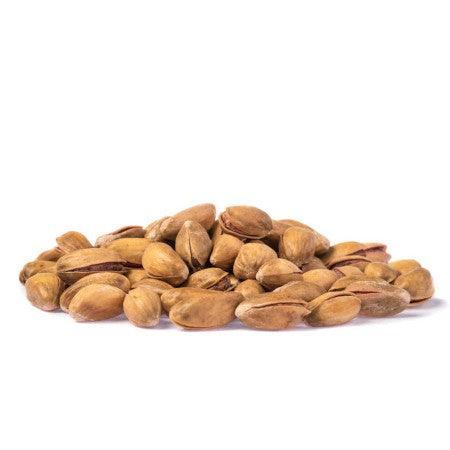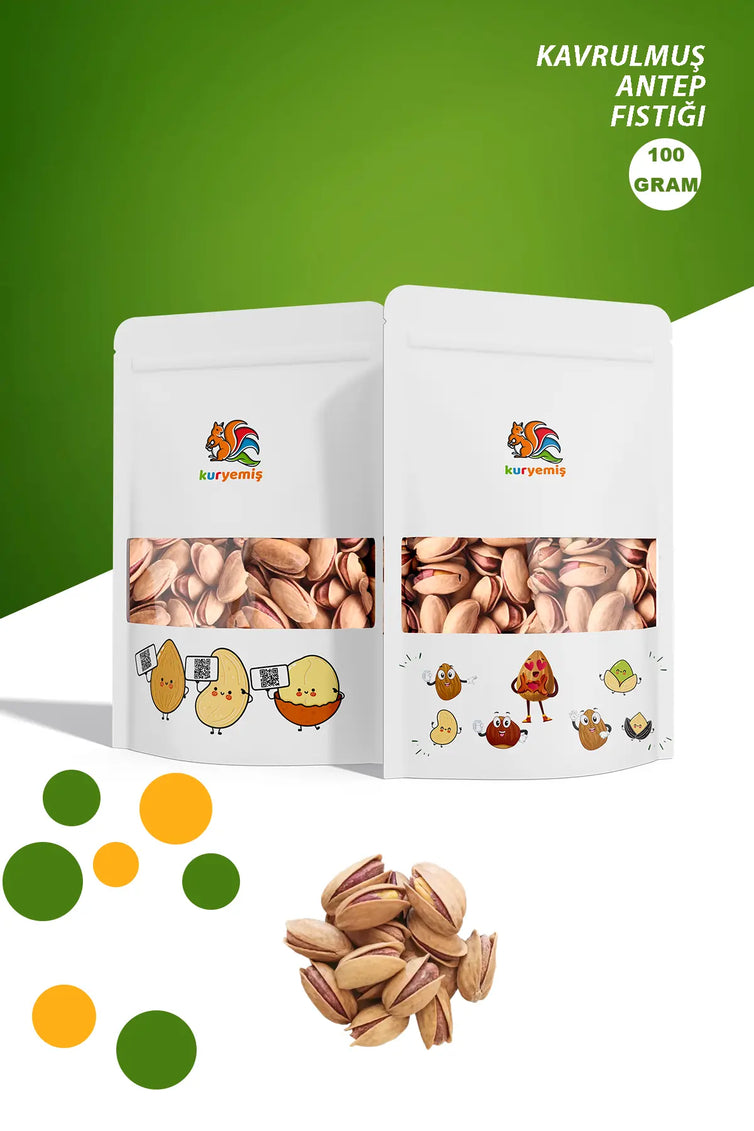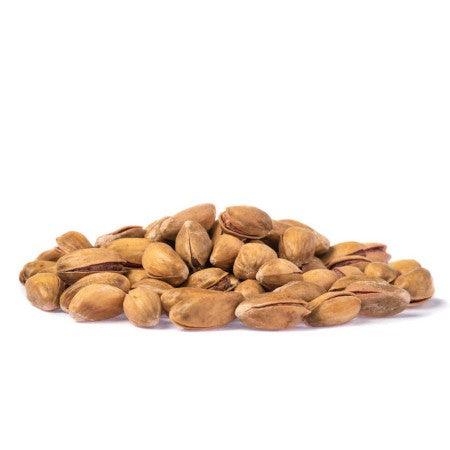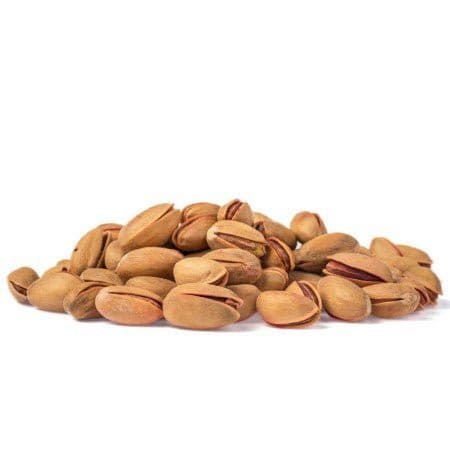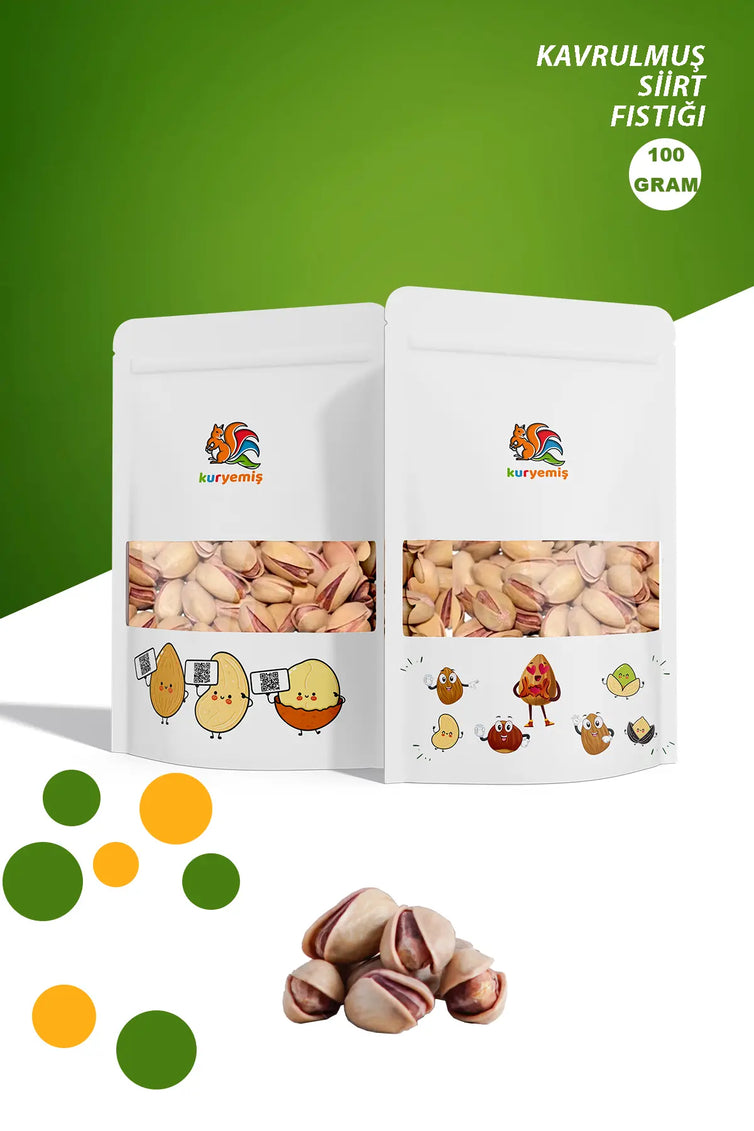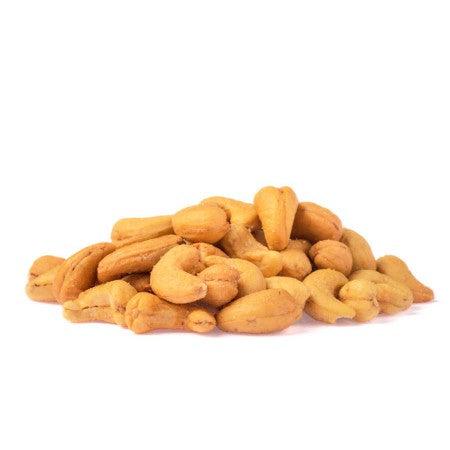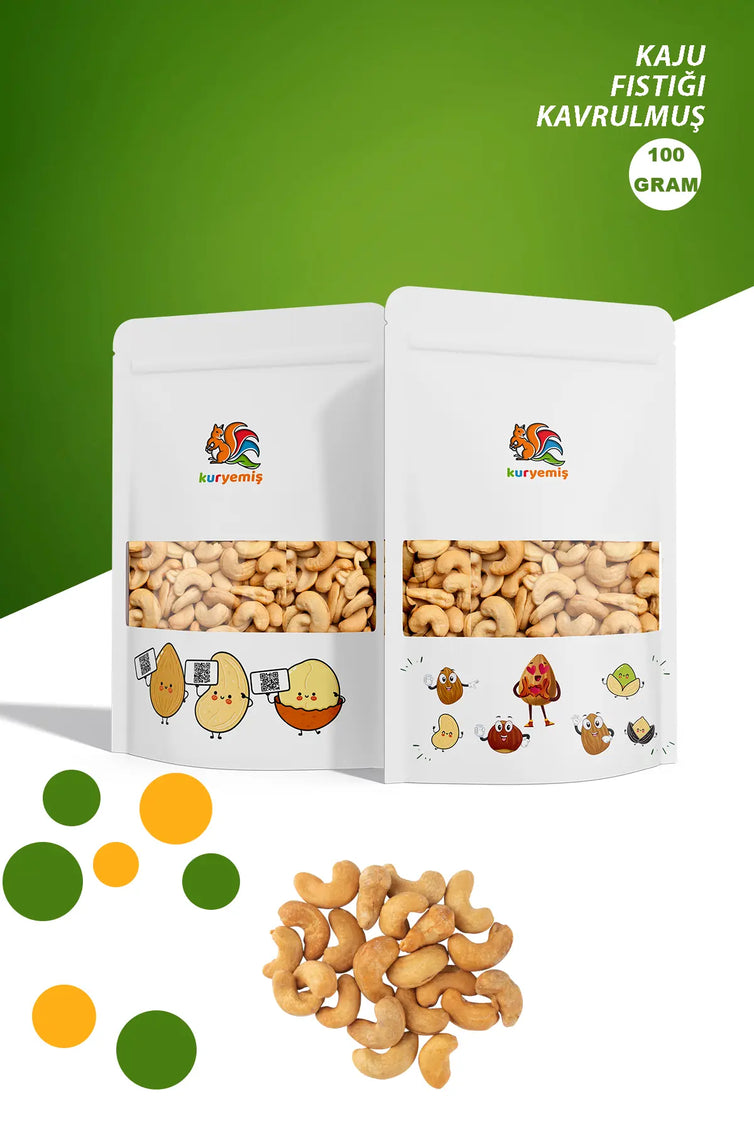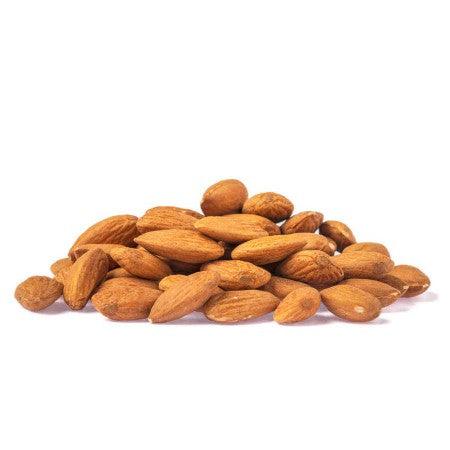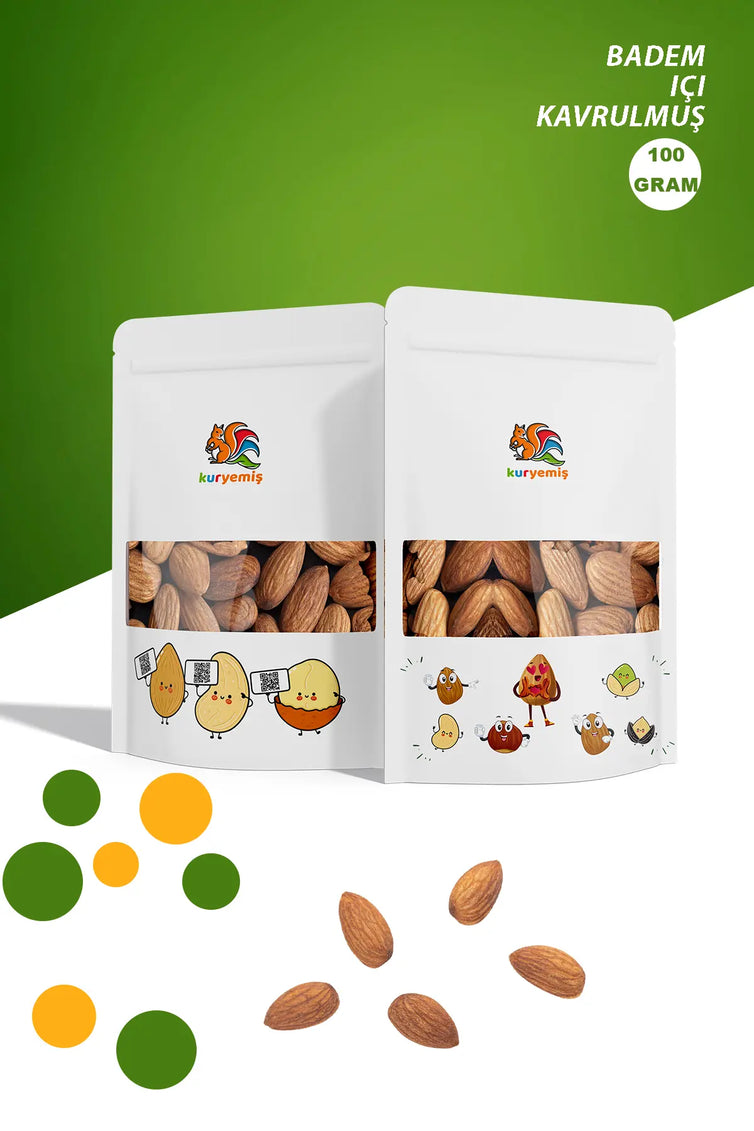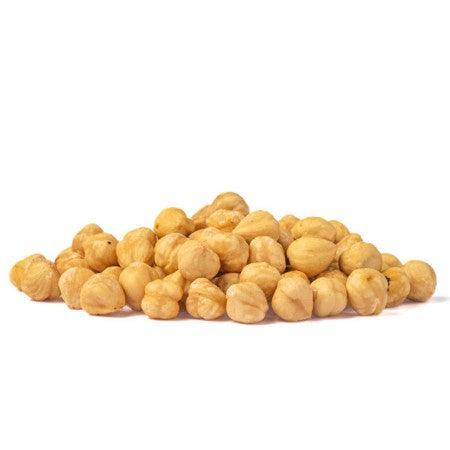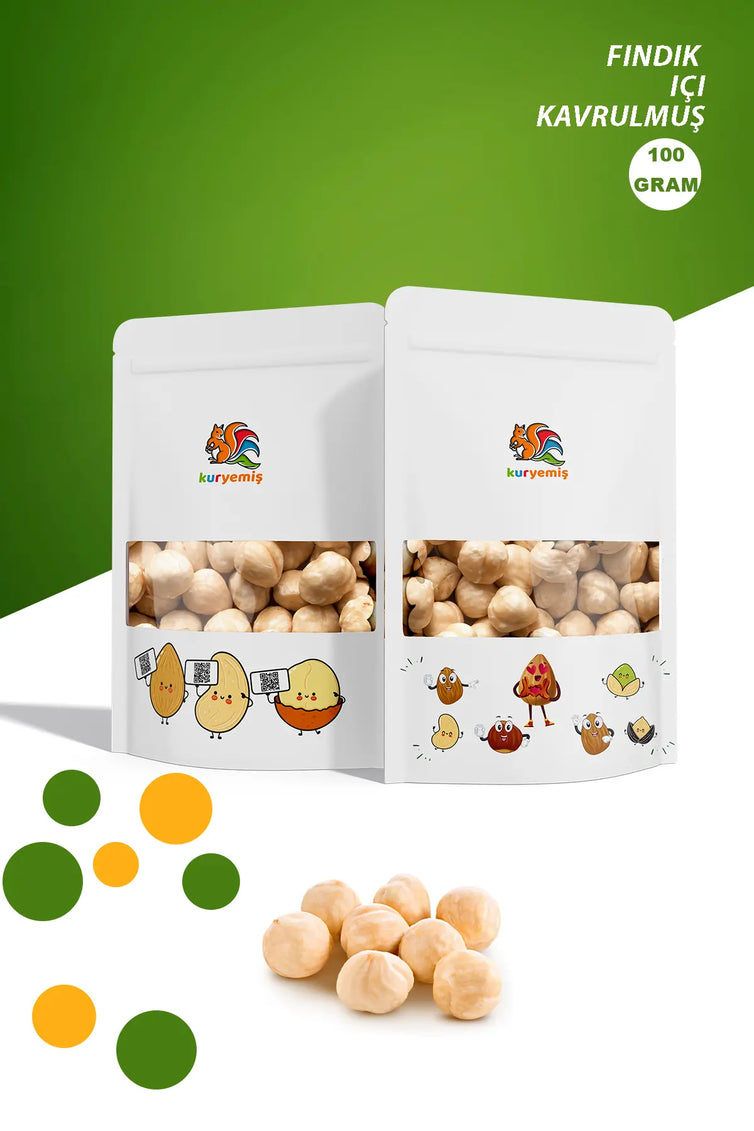Raisins - Besni



What are the benefits of raisins?
- Eating raisins may reduce hunger and reduce energy intake with meals by altering hormones that affect satiety, which may help maintain body weight.
- It may improve heart health. Due to its phenolic compounds and high fiber content, raisins regulate cardiovascular health parameters by increasing plasma antioxidant capacity and reducing total and LDL cholesterol levels, systolic blood pressure and molecules related to the inflammatory response.
- Raisins have a low to moderate glycemic index (GI between 49-69). For diabetics or those with insulin resistance, raisins are a healthy choice as they can be linked to a lower risk of Type 2 diabetes with their high fiber and antioxidant capacity as well as lower GI.
- It has the potential to protect dental health. It supports good oral health due to its antibacterial activity, low probability of adhesion to teeth, and oral pH being below the threshold that damages enamel.
- It supports intestinal health and protects against colon cancer. Its prebiotic content positively affects the intestinal microbiota. Sun-dried raisins contain high prebiotic (indigestible fiber) with 5.7 g per 100 grams.
- It is antioxidant and antibacterial, and these properties come from its phenolic compound content. Raisins are the food with the highest phenolic compounds among those studied. (mg/kg) Raisins > tarhana > dried black plums > dried apricots > red grapes > fresh capia pepper > fresh grapes. Levels of total phenolic compounds vary among raisin varieties, with white raisins having the lowest value and red raisins having the highest value. In terms of antioxidant capacity, white raisins have the lowest value, while red raisins have the highest value.
- It contains boron (2.2 mg per 100 grams), an essential trace element very important for the growth and maintenance of healthy bones and joints. Boron may have a preventive effect on osteoporosis by reducing calcium loss in postmenopausal women. In addition, prebiotics in raisins increase calcium and magnesium absorption, preserve bone mineral content and density, and support bone structure.

What Happens If You Eat Too Many Raisins?
Raisins are very beneficial for health when consumed in moderation. However, excessive consumption may lead to weight gain. Raisins are a food with high calorie value and sugar content. Therefore, it creates a tendency to gain weight. Excessive consumption of raisins, especially by diabetic patients, may trigger serious health problems. However, excessive consumption of raisins may cause allergies in the body.

Which Raisin is More Useful?
The raisin type to be preferred; It is the sun dried red and black one. Especially black grapes with seeds play an effective role in eliminating anemia. The seeds of black raisins can also be consumed in ground form.
How Much Raisins Should Be Eaten?
People with iron deficiency and anemia can consume 1-2 handfuls of raisins every day. Diabetics should not consume more than 1 handful of raisins. Diabetics should consult a doctor before consuming raisins. People who just want to benefit from their benefits can consume 4-5 black raisins a day.
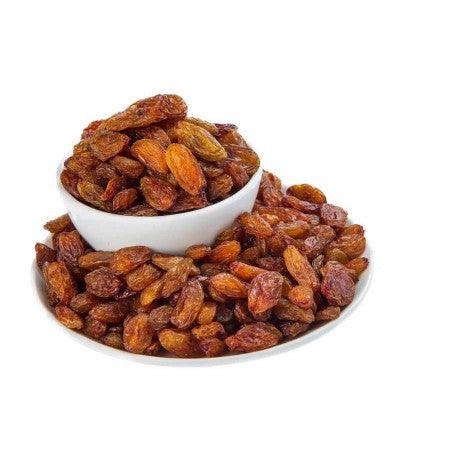
How Much Raisins Should Be Eaten on a Diet?
In general, according to the research conducted so far, it has been determined that it is appropriate to add 80-90 g (1 tea glass) of raisins to the daily diet. For those on a diet, the serving size of raisins is 1 tablespoon. When eaten alone or with nuts (hazelnuts/walnuts, etc.), raisins maintain constant glucose levels and support energy needs. Since it is an excellent source of carbohydrates and has a moderate glycemic index content, it is an ideal pre-workout snack to provide sustained energy and optimum athletic performance.
What are the Nutritional Values of Raisins?
Raisins contain essential nutrients, soluble and insoluble fibers, and health-protecting bioactive compounds and phytochemicals. Like all fruits, raisins are high in potassium and low in sodium. Compared to other fruits, it has higher magnesium and iron content. Despite their high sugar (60%) content, predominantly fructose and glucose, raisins are a source of beneficial components and a healthy snack. While it contributes to a better diet quality, consuming it before a meal is considered appropriate to regulate appetite in healthy individuals of normal weight.
Type: Dried Fruit














